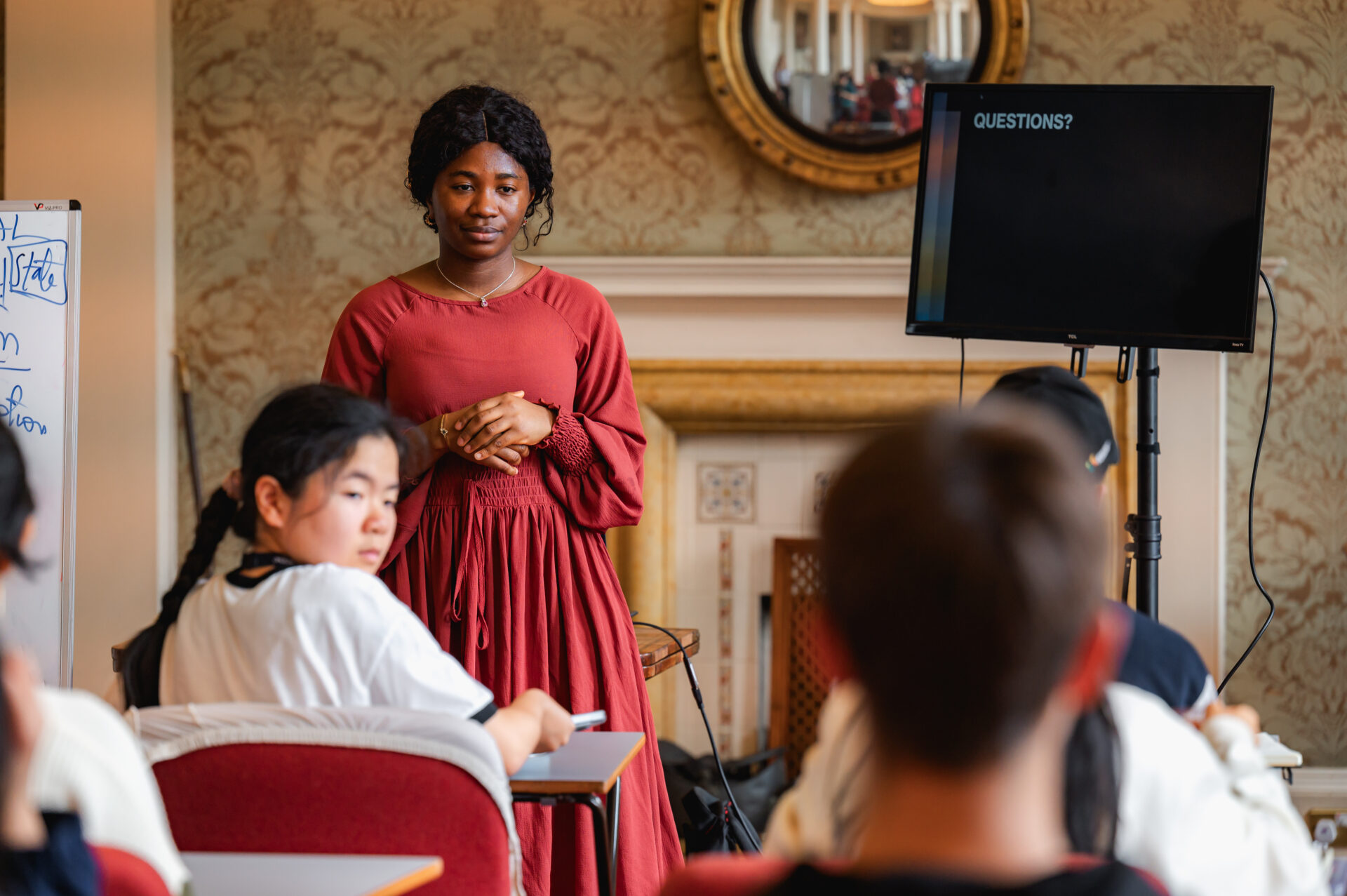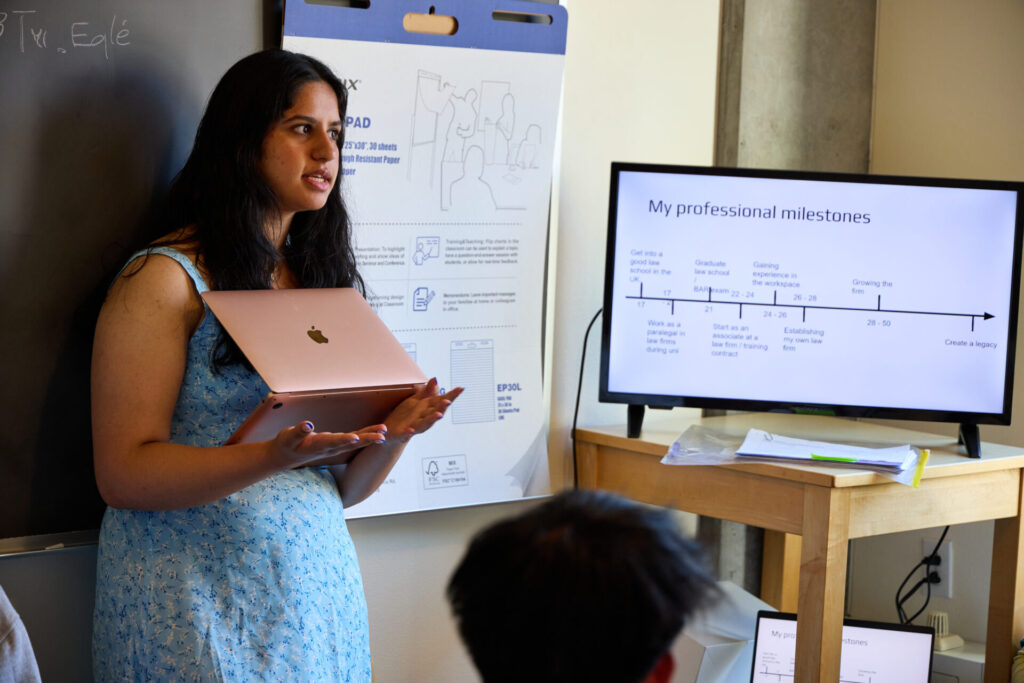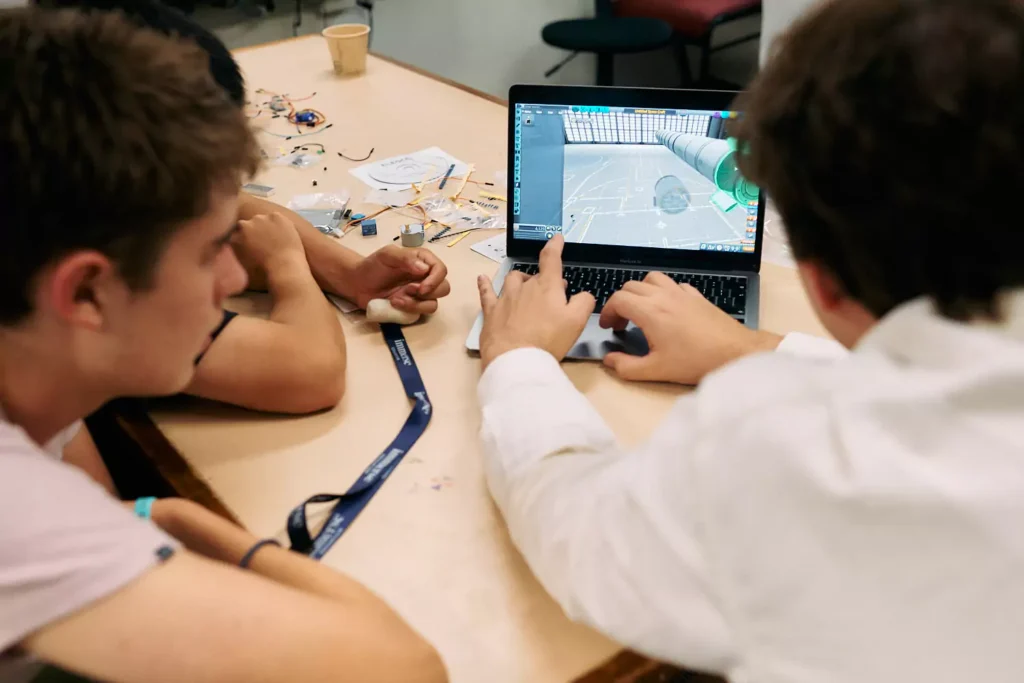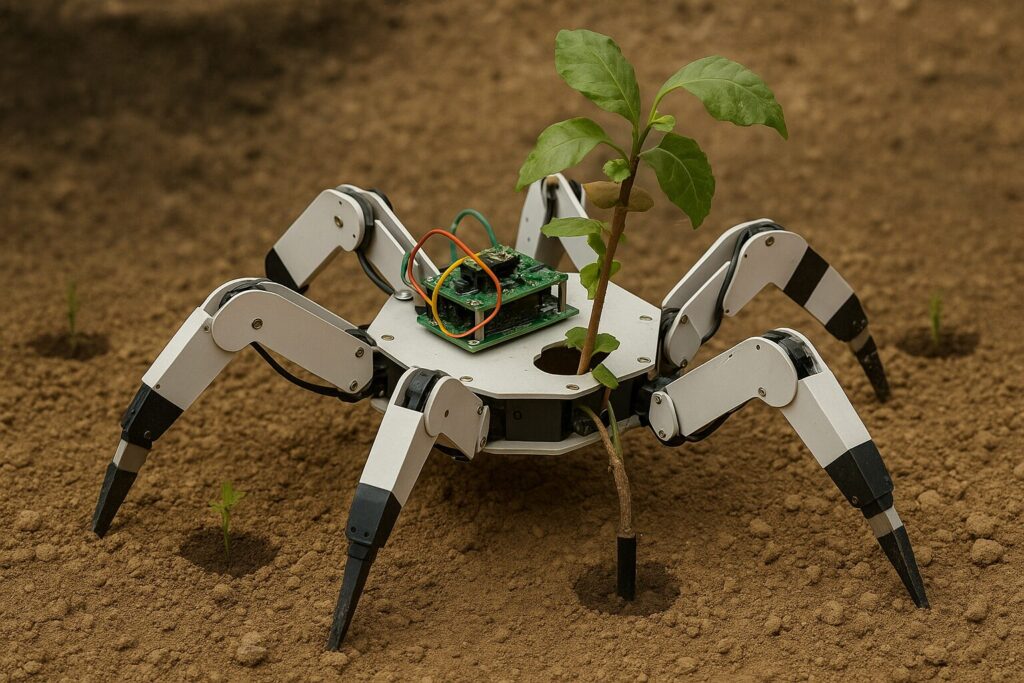History competitions for high school students invite you to go beyond dates and battles, into the real work of understanding the past. Whether you’re analysing primary sources or building an argument from scratch, these contests ask students to think like historians: questioning, interpreting, and making sense of what came before.
Many competitions focus on essay writing, with topics ranging from sweeping global themes to local or personal histories. Others ask for documentaries, presentations or creative responses. What they share is a commitment to accuracy, depth and originality. Successful students go beyond summaries – they dig, question, and take a stance. The most rewarding history essay competitions often encourage entrants to tell familiar stories in unfamiliar ways – or bring neglected voices back into view.
Essay contests like those run by historical societies or universities often give prompts related to ethics, leadership, or historical change. They reward critical thinking and strong structure as much as content. And even if you don’t place, the process of developing a well-researched argument is hugely valuable for future academic work.
For students who enjoy piecing together puzzles, interrogating narratives, or following the threads of the past into the present, history competitions offer the perfect intellectual challenge.
To enter these history essay competitions, find additional tips, and find other opportunities across many other disciplines, visit succeed.immerse.education/competitions.
History is in the Making
History is in the Making is a creative engagement initiative by the Royal Society of Literature inviting young people to explore and reflect on history through writing and storytelling. The program encourages students to consider how history shapes identity and society, and to express their perspectives through essays, stories, or creative projects. The initiative aims to foster a deeper understanding of history’s relevance to contemporary life and to amplify youth voices in the national conversation.
Type of competition: Creative writing and history reflection competition.
Prize: Publication, certificates, and opportunities for recognition by the Royal Society of Literature.
Eligibility: Young people (age range and eligibility details announced annually).
Guidelines: Submit an original essay, story, or creative project reflecting on a theme or question related to history’s impact. Entries should be well-structured, thoughtful, and original.
More details can be found on the Royal Society of Literature website.
International History Bee
International History Bee is a global academic competition for students in primary, middle, and high school, focusing on historical knowledge and critical thinking. The Bee is run by International Academic Competitions and features regional, national, and international rounds. Participants compete individually in buzzer-based quiz rounds on world, national, and local history.
Type of competition: History quiz bowl competition.
Prize: Certificates, trophies, and qualification for national and international championships.
Eligibility: Students worldwide, with divisions by age/grade.
Guidelines: Register for regional or national events; compete in buzzer-based quiz rounds. Top performers qualify for higher-level championships.
More details can be found on the International History Bee website.
National History Bowl
National History Bowl is a team-based academic competition for middle and high school students, run by International Academic Competitions. Teams compete in buzzer-based quiz matches covering world, national, and local history. The competition includes regional, national, and international championships.
Type of competition: Team history quiz bowl competition.
Prize: Trophies, certificates, and qualification for higher-level championships.
Eligibility: Middle and high school students worldwide; teams typically consist of 2–4 students.
Guidelines: Register as a team for regional events; compete in buzzer-based quiz matches. Advancement is through regional and national qualifiers.
More details can be found on the National History Bowl website.
Interested in a summer school? Check out our history summer schools in Oxford, Cambridge, and online.
Join the Immerse Education 2025 Essay Competition
Follow the instructions to write and submit your best essay for a chance to be awarded a 100% scholarship.

International History Bowl
International History Bowl is the international division of the National History Bowl, offering team-based history quiz competitions for students outside the United States. The format is similar, with regional and championship events held worldwide.
Type of competition: International team history quiz bowl competition.
Prize: Trophies, certificates, and qualification for the International History Olympiad.
Eligibility: Middle and high school students worldwide (outside the U.S.).
Guidelines: Register as a team for regional events; compete in buzzer-based quiz matches. Top teams qualify for the International History Olympiad.
More details can be found on the International History Bowl website.
Ancient History Bee
Ancient History Bee is a specialized academic competition for students interested in ancient history, run by International Academic Competitions as part of the International History Olympiad. Participants compete individually in buzzer-based quiz rounds focused on ancient civilizations, cultures, and events.
Type of competition: Ancient history quiz bowl competition.
Prize: Certificates, medals, and qualification for the International History Olympiad.
Eligibility: Students worldwide, with divisions by age/grade.
Guidelines: Register for the Ancient History Bee event; compete in individual quiz rounds on ancient history topics.
More details can be found on the Ancient History Bee website.
National History Day Contest
National History Day Contest is a renowned U.S. academic program and competition that encourages students in grades 6–12 to conduct original historical research and present their findings through papers, exhibits, performances, documentaries, or websites. Students compete at regional, state, and national levels, with top projects earning scholarships and recognition.
Type of competition: History research and presentation competition.
Prize: Medals, certificates, scholarships, and national recognition.
Eligibility: U.S. students in grades 6–12.
Guidelines: Choose a topic related to the annual theme, conduct original research, and present findings in one of several formats. Projects are judged on historical quality, relation to theme, and clarity of presentation.
More details can be found on the National History Day website.
St John’s College Classics and Ancient History Essay Competition
St John’s College Classics and Ancient History Essay Competition is an annual contest run by St John’s College, Oxford, for students interested in classics and ancient history. The competition encourages independent research and critical analysis on topics related to the ancient world.
Type of competition: Classics and ancient history essay competition.
Prize: Book tokens, certificates, and invitations to an event at St John’s College.
Eligibility: Pre-university students (typically ages 16–18), UK and international.
Guidelines: Submit an original essay on a set topic related to classics or ancient history. Essays are judged on originality, argument, and use of evidence.
More details can be found on the St John’s College website.
Global Etiquette Olympiad (GEO)
Of all our recommended history competitions for high school students, the Global Etiquette Olympiad (GEO) is somewhat unusual. This international online competition designed to teach and assess etiquette and social skills among students in grades 3 to 12. Organized by the International Centre for Etiquette Research, GEO uses expert-designed curricula and interactive video lessons to build awareness and confidence in global etiquette. The assessment is conducted online and covers practical etiquette scenarios relevant to daily and global life, aiming to foster respectful, confident, and cultured young global citizens who are highly aware of cultural heritage.
Type of competition: Etiquette and social skills olympiad.
Prize: Certificates and recognition; feedback on performance.
Eligibility: Students in grades 3–12 worldwide.
Guidelines: Register online; the assessment consists of 25 multiple-choice questions (no negative marking) to be completed in 30 minutes. The language of assessment is English (UK). Registration fees apply.
More details can be found on the Global Etiquette Olympiad website.
The Julia Wood Prize (History)
The Julia Wood Prize (History) is one of the most prestigious annual history essay competitions. Run by St Hugh’s College, Oxford, for sixth-form students, the contest encourages independent historical research and critical analysis, with winning essays published in the college’s journal.
Type of competition: History essay competition.
Prize: £500 for the winner; publication in the St Hugh’s College Chronicle.
Eligibility: Sixth-form students (typically ages 16–18), UK.
Guidelines: Submit an original essay on any historical topic. Essays should demonstrate independent research, critical thinking, and clear argumentation.
More details can be found on the Julia Wood Prize page.
World Historian Student Essay Competition
World Historian Student Essay Competition is run by the World History Association and invites secondary students worldwide to write about the significance of studying world history. Like many other history essay competitions, the contest rewards global perspectives and original thought.
Type of competition: World history essay competition.
Prize: $500 and publication.
Eligibility: Secondary students (typically ages 14–18), international.
Guidelines: Submit a 1,000-word essay on why world history is important. Essays must be original and may be academic or personal.
More details can be found on the World History Association website.
If you’re itching to dig deeper into the past, this is just the beginning. You can explore many more history competitions for high school students — from essay contests to multimedia challenges — over at succeed.immerse.education/competitions. There’s space for every kind of curious historian-in-the-making.


























